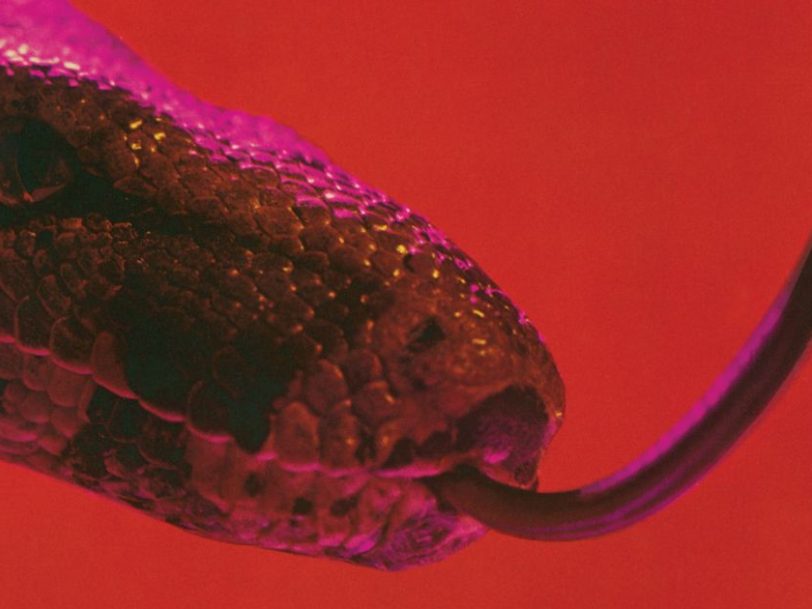Moving back to their native Michigan was arguably the best move the Alice Cooper band ever made. Despite Frank Zappa’s patronage, their initial five-year sojourn in Los Angeles amounted to two overlooked albums, Pretties For You and Easy Action, but back in Detroit, the group’s fortunes improved dramatically. Indeed, their third album, 1971’s Love It To Death, provided a US Top 40 breakthrough, yet the band knew they still had plenty to prove. When they decided to name their fourth album Killer, all concerned knew full well the contents had to live up to the title.
Listen to ‘Killer’ here.
The backstory: “Can you hit it out of the park?”
“A lot of people have hit albums,” Alice Cooper reflected in a 2021 interview with Arizona Central. But the group knew the real challenge was to build on the success of Love It To Death: “Can you hit it out of the park with that [next] one?”
Cooper and co felt an affinity with Detroit’s other outsider rock acts (not least influential proto-punks The Stooges and MC5), and this inspired the band to drop their earlier psych-enhanced pop sound. Instead, they went straight for the jugular with the hard-driving music they worked up for Love It To Death.
The group’s new material had a universal appeal. Featuring some of the best Alice Cooper songs to date, Love It To Death also went Top 40 in the UK, and its spin-off hit, the groovy yet angsty grind of I’m Eighteen, offered further proof that Alice Cooper were heading in the right direction. The band’s subsequent tour also provided encouragement, as a series of well-received UK shows led influential figures such as David Bowie and Elton John to offer their endorsement. But while the omens were good, the Alice Cooper band realised they couldn’t rest on their laurels. They needed to press home the advantage handed to them by their third album – and quickly.




